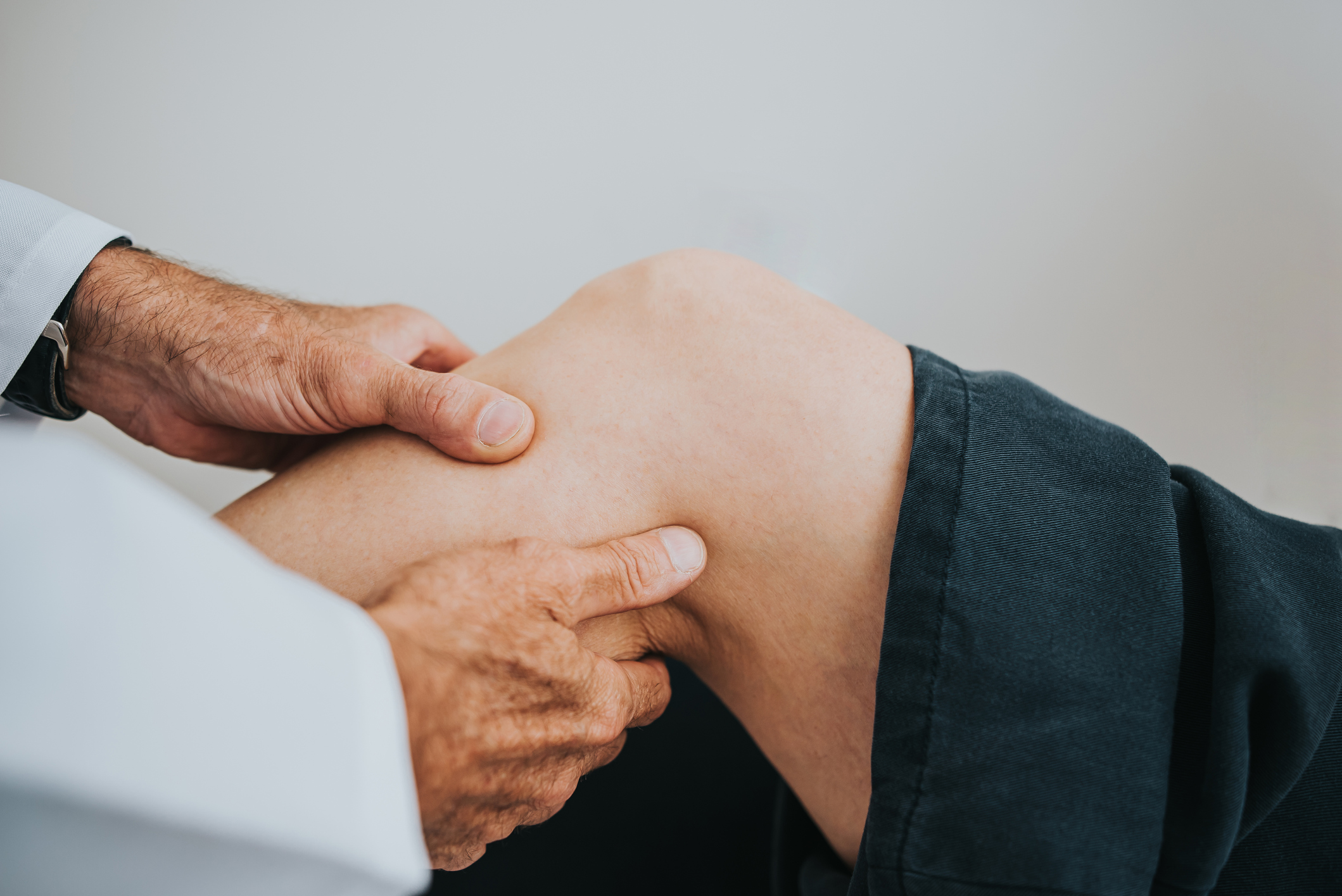When do I see a doctor for my knee pain?
Knee pain is a common problem that can be caused by various factors including injuries, arthritis, and other underlying medical conditions. In some cases, knee pain can be severe and decrease mobility or interfere with daily activities, such as walking and climbing stairs. If your knee pain continues to get worse and is starting to hinder your daily activities, it is time to start looking for medical help. We’ll go over several signs that your knee pain is serious and should be looked at by a doctor so that you can get the help you need.
Why you should see a doctor

While it’s often easier to just continue through the day and deal with pain, that can lead to larger issues down the line that could potentially be prevented. Ignoring persistent knee pain can lead to further complications, such as decreased mobility and flexibility in the joint, as well as an increased risk of falls and injuries. Your doctor should be able to help determine the cause and identify treatment options that can help alleviate your pain. By getting prompt and proper evaluation, you can help ensure that your knee pain is correctly diagnosed and treated appropriately.
Capitol Pain Institute offers multiple therapy options that can help treat the most common sources of knee pain. Whether you’re suffering from pain caused by an injury, arthritis, or previous surgery(s), Capitol Pain Institute’s pain management doctors can help you get the relief you need. Interventional treatment options include cortisone injections, hyaluronic acid (gel) injections, nerve ablations, nerve stimulation, and regenerative techniques such as as PRP (platelet rich plasma).
Continual knee pain
Knee pain can often be reduced or eliminated through rest, over-the-counter pain medication, physical therapy, or by heating and icing the area. Often, these are effective methods to manage your pain and are easily handled without the need for a specialist’s help. However, if you have tried these treatment options and the pain has not improved, you may benefit from the care of a pain management physician.

